Published
- 06:00 am
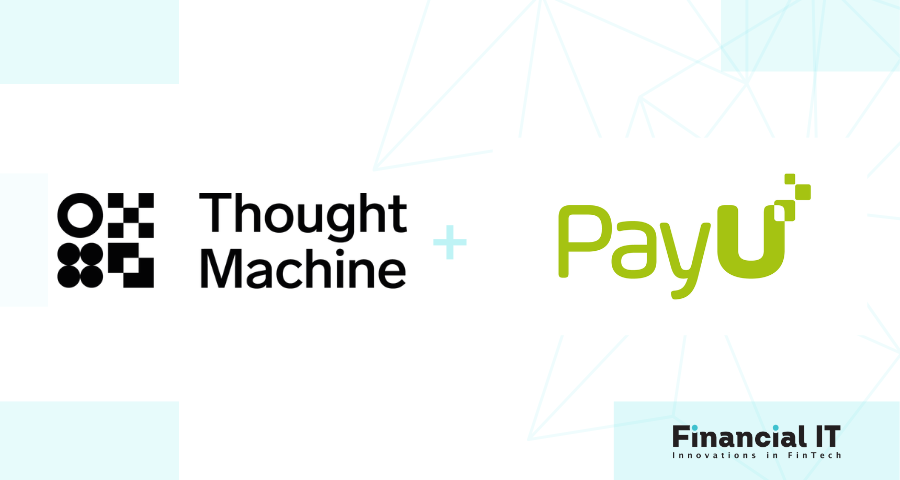
PayU, India’s leading payment solutions provider, today announces it has successfully migrated its credit service, LazyPay, to Thought Machine’s cloud-native core banking platform, Vault Core, and is now live. This partnership has enabled LazyPay to build innovative lending and credit products, deliver a superior, secure, and efficient user experience, and set a new standard for credit financing in India.
LazyPay migrated its existing customers to Vault Core within just one year. In addition, Vault Core has streamlined PayU’s real-time financial statement generation and simplified multi-account management, providing a unified view of products. Furthermore, Vault Core’s real-time Ledger has improved PayU’s reporting and regulatory requirements.
The Indian market offers significant opportunities for PayU's credit products as alternative lending services expand. PayU’s India credit revenue grew by 31%, totalling US$43 million, and loan book size grew by 66% to US$338 million by the end of September 2023. A total of US$362 million in credit was issued during the first half of 2024 (1H24).
With Vault Core, PayU can effortlessly create differentiated and personalised financial products at scale. Following the successful initial migration project, PayU plans to continue migrating more products and using Vault Core to build, test and deploy innovative lending and credit products.
Speaking on this exciting development, Deepak Mendiratta, CEO, PayU Finance, stated: "Our collaboration with Thought Machine signifies our commitment to offering the best-in-class financial services to our customers. Vault Core's scalability and flexibility align perfectly with our growth ambitions, and we are excited to offer a wide array of services to our customers. We are committed to expanding our footprint in the Indian market, and this partnership will position us well for the future of credit."
Nick Wilde, Managing Director, Asia Pacific, Thought Machine, comments: “We are delighted to partner with PayU to bring our cloud-native technology to the Indian market. With a successful migration now complete, we look forward to working together to deliver efficient, secure and innovative credit and lending solutions in India.”
A BCG report highlights the potential for B2B fintechs to disrupt the market and address the $5 trillion annual unmet credit needs of small to mid-sized enterprises (SMEs) globally. With traditional players struggling to keep pace with innovation, B2B2X services, particularly embedded finance providers such as LazyPay, which currently account for 25% of all fintech revenues, are poised to play a crucial role in meeting the growing demand for fintech solutions.
Thought Machine is solving the long-standing legacy technology problem in banking. Global Tier 1 banks, including Standard Chartered, Lloyds Banking Group, Al Rajhi Bank (Malaysia), and Intesa Sanpaolo, and challenger banks and fintechs, such as Nikel, C6 Bank and Atom bank, are clients of Thought Machine. In addition to its regional headquarters in London, New York, and Singapore, Thought Machine operates as a registered entity in India.
Related News
- 05:00 am
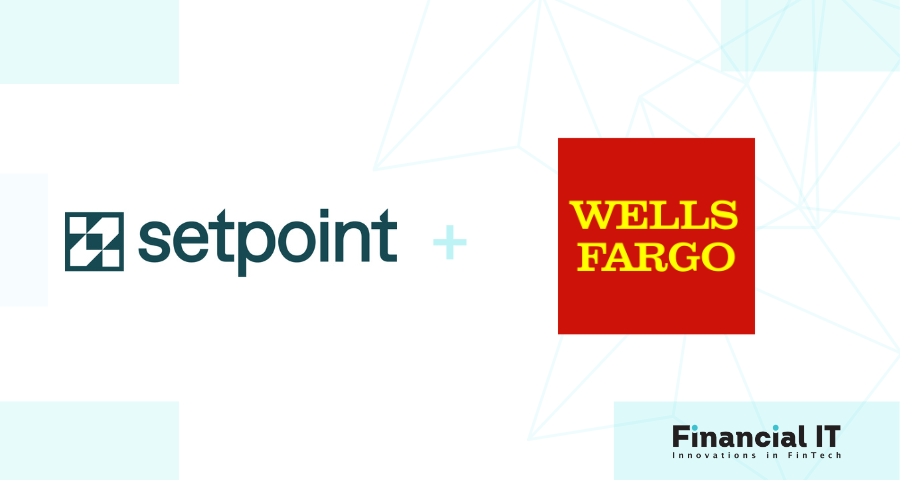
Setpoint, a leading financial services provider, is pleased to establish a banking relationship with Wells Fargo which enables the cloud-based software company to expand its payment disbursement capabilities. Setpoint will assume the crucial roles of Paying Agent and Calculation Agent for various clients, such as auto and real estate originators and lenders.
“We are pleased to continue to support Setpoint’s impressive momentum and their critical position within the technology and fintech ecosystems. Setpoint has a highly-scalable and proven fintech solution built around leading-edge technology, and robust data security and controls,” said Matt Servatius, Wells Fargo Technology Banking central market executive. “We applaud Setpoint for their innovation to streamline warehouse funding to help borrowers gain faster access to the capital they need.”
Setpoint’s tech-enabled service execution for asset-backed lending deals increases funding efficiency while reducing transaction risk. In its role as Third-Party Calculation Agent, Setpoint approves and certifies borrowing requests, monthly payments and/or investor reporting. In its role as Third-Party Paying Agent, Setpoint facilitates client payments via its technology platform by issuing payment instructions, as authorized by Setpoint’s clients, to account banks where funds are held or are to be transferred. Setpoint does not take possession of, manage or control client funds.
“We have been incredibly impressed by the Wells Fargo team’s tech-forward vision and approach,” said Ben Rubenstein, Setpoint co-founder and President. “Accuracy, security, speed, and operational efficiency are shared principles, and we are excited to come together to use technology to save time and money for our shared loan originators.”
Related News
- 03:00 am

In 2023, the rate of return in the European P2P market has risen to 10.4% with leaders from Croatia and Ireland, where it promises to be at 15% p.a.
Robocash analysts have evaluated the level of profitability of 77 P2P platforms from 19 European countries. The study examined both the proposed nominal rates and the real risk premiums, which may vary depending on market conditions, inflation expectations and other factors.
According to experts' assessment, platforms from Croatia show the highest nominal rate of return at the end of 2023. The weighted average rate here with an expected maturity at the end of 2024 reaches 15.1% p.a. The top three also include Ireland (14.1%) and the Czech Republic (13.4%).
"Given the capital mobility in Europe, an investor is more likely to choose a higher rate of return because there is no point in investing at 7%, for example in Denmark or Sweden, when for the same level of risk you can find an offer with a return twice as high." - the analysts comment on the study.
The lowest nominal yields are seen in platforms from Finland, which offer to invest at around 4.6% p.a.
In terms of assessing the real risk premium, the attractive countries for P2P investments for 2024 are still Croatia and Ireland. They offer the highest return of up to 11.9%. Estonia, Czech Republic, Lithuania, Cyprus, France, and Latvia with an average market risk premium of 7.9% are also at the top.
Overall, real yields in the European P2P market are now 7.1% above the average rate on deposits and government bonds in Europe.
Related News
- 04:00 am
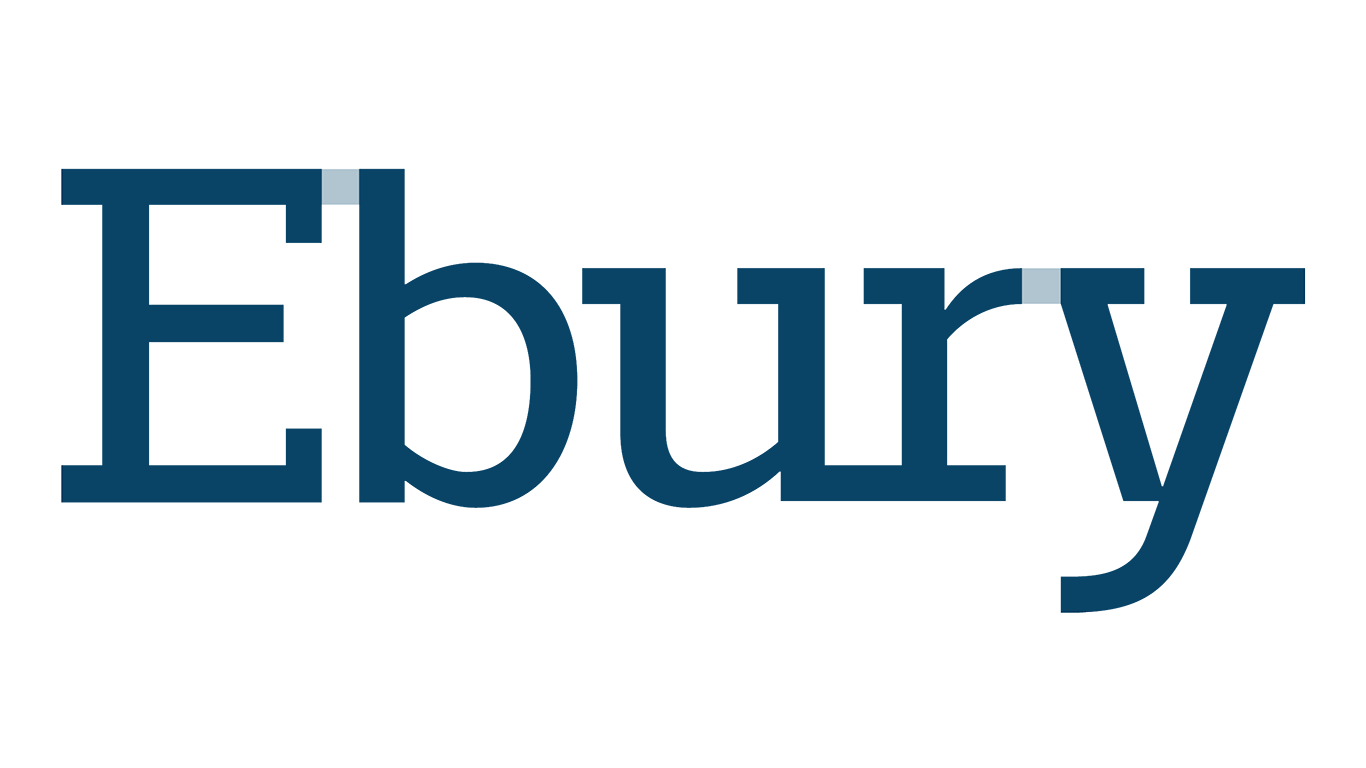
Ebury, a fintech specializing in cross-border payments and FX solutions, based in London and present in 25 countries, has introduced to the market a pioneering solution for direct transactions between the Brazilian real and the Chinese yuan. The new solution will facilitate and expedite trade between Brazil and China, which in 2023 alone totaled exports and imports of over US$145 billion, according to Brazilian Government data. The solution benefits companies in both the traditional industrial and digital technology sectors.
Transactions between Brazil and China are complex and could involve multiple intermediaries due to the difference between the Chinese currencies and their liquidity in the global market. Due to the yuan's low liquidity in the global market, most transactions involve intermediary currencies such as the dollar, euro and pound.
The Ebury solution eliminates this complexity, enabling companies to carry out transactions directly between the currencies. This is already a reality for FX transactions via dealers, which conduct transactions involving BRL and yuan for companies engaged in foreign trade. Besides facilitating transactions, Ebury also provides access to a global account that enables payments to be made in various countries as a local entity, using various currencies and not just the Chinese yuan. By eliminating the need for intermediary currencies, transaction costs and times are reduced since only one currency conversion occurs.
In addition to import and export transactions, the solution also benefits international digital businesses operating in Brazil, such as Chinese marketplaces, gaming companies, SaaS, among other digital segments. "It's great to witness this evolution in international transactions, which makes cross-border trade more dynamic and swifter. In recent months, we ran a successful pilot project with a PSP in charge of the payment processes of several Chinese digital merchants, and we have seen optimized margins on transactions, with a faster and frictionless process - factors that further spur the operations of Chinese merchants in Brazil”, said Luiz Henrique Didier, CEO of Ebury in Brazil.
This innovative solution from Ebury is aligned with the impressive growth in cross-border trade between Brazil and China, which increased 150% in the last five years, according to Brazil’s Federal Revenue Service.
In 2023 alone, Brazil's exports to its main trading partner – China - exceeded US$95 billion, while imports came to a little over US$49 billion, according to Brazil’s trade balance data. Since 2009, China has been Brazil’s main trade partner. With direct transactions between the real and yuan, companies now have a more efficient and cost-effective alternative to expand their international business, which should continue the upward trend in both directions.
Related News
- 01:00 am
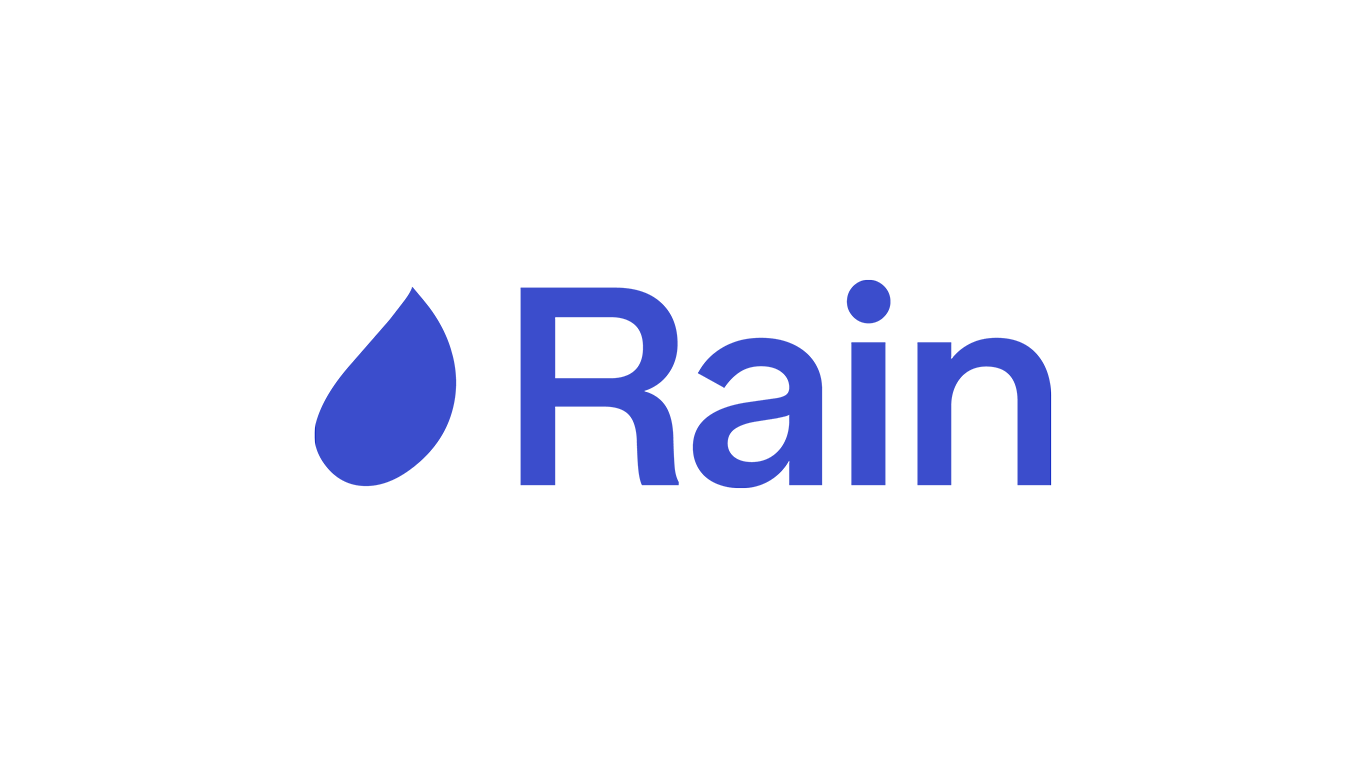
“With this $300 million in funding from Clear Haven, we'll expand our reach and further fulfill our mission to empower all Americans to live the life that they can afford to live, protected from predatory fees and lending products,” said Fred Choquette, Chief Operating Officer at Rain. “By giving employees access to their hard-earned wages when they need them the most, we’re alleviating the reliance on financial products that further push them into debt. We’re committed to further empowering Americans on their journey to true financial freedom.”
"Clear Haven is proud to commit $300 million in funding to Rain as part of its dedication to empowering both employers and employees to thrive in challenging economic circumstances and embark on a more resilient financial wellness journey,” said Mark Simmer, Managing Partner at Clear Haven Capital Management. “Rain's unwavering mission to transform the financial wellness landscape by granting employees access to their earned wages perfectly aligns with Clear Haven's vision for a more inclusive and equitable financial future. We are excited to collaborate with Rain, working together to empower employees and redefine traditional concepts of financial wellness."
Related News
- 08:00 am
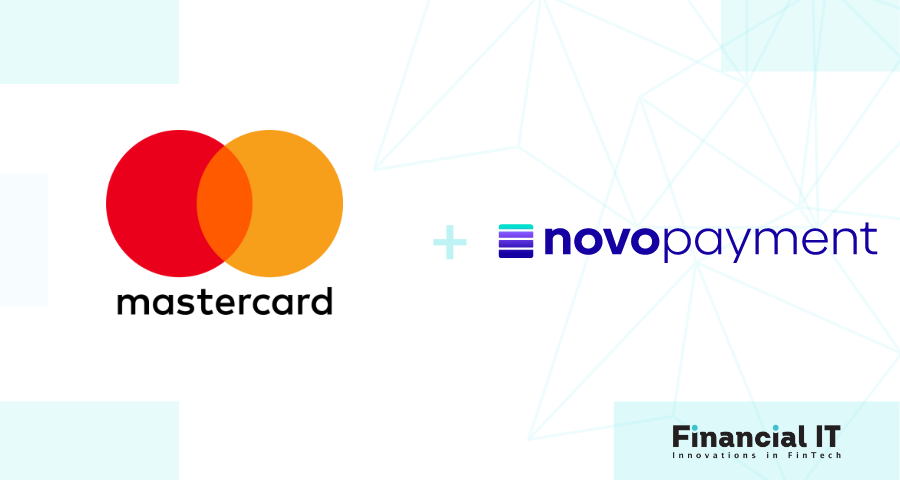
NovoPayment, a mission-critical financial and payments infrastructure provider, announced today that it has received Mastercard certification, as part of the Mastercard Network Enablement Partner program, to switch and process Mastercard transactions in Mexico.
The Network Enablement Partner (NEP) program is a Mastercard initiative that enables Service Providers — the vendors of Mastercard-Licensed Issuers and Acquirers who typically have a fully indirect relationship with Mastercard — to play a pivotal role in expediting product innovation, reducing time to market and enhancing overall performance and operational efficiency for their customers. The direct partnership with Mastercard opens the door for Service Providers to collaborate on initiatives that drive value, innovation, and seamless experiences in the evolving payment ecosystem.
Before Mexico, NovoPayment received certifications in Chile, Colombia, Ecuador, Peru, and Venezuela as card issuer processors.
"Our team has a long, successful track record of supporting clients across Latin America. We've worked in Mexico since 2009 and have a deep understanding of the market," said Angelique Strauss, Chief Growth Officer of NovoPayment. "With this certification to process Mastercard transactions in Mexico, NovoPayment continues to execute our multi-rail payments strategy to support our clients' ongoing demands, in addition to offering greater choice and flexibility."
Through the NEP program, direct access to Mastercard also enables NovoPayment to increase speed to market through the ability to test its products and solutions upfront, ensuring alignment with Mastercard standards.
Related News

Daniel Mayhew
CEO at Nucleus365
The needs for businesses and merchants conducting trade internationally have evolved with new technologies and regulations meaning fintechs have to constantly see more
- 02:00 am
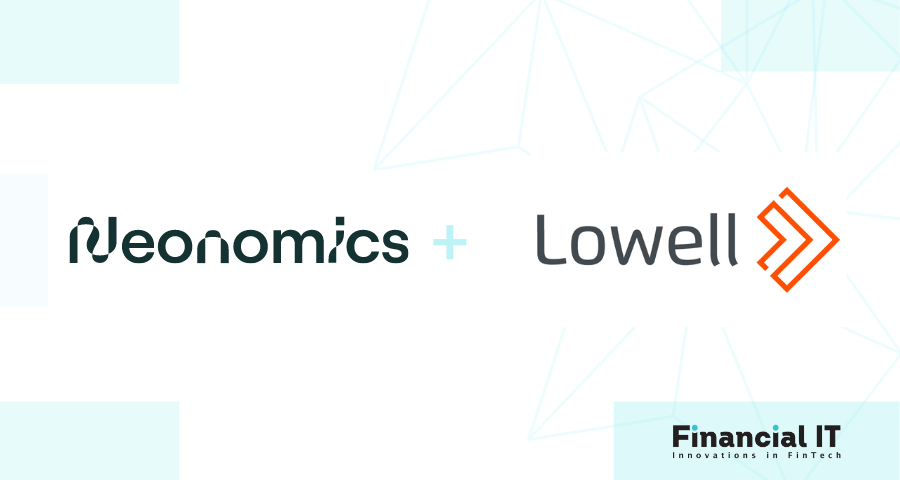
Lowell, a European leader in credit management services, has partnered with Neonomics to enhance their payments offering, implementing, and enabling account-to-account payments in their Norwegian customer portal. With a mission to make credit work better for all, the partnership aims to simplify the way customers pay while driving cost efficiency across the entire value chain from customer to merchant.
The collaboration will see Lowell integrate account-to-account payments through their customer portal, known as “My Lowell”. With the integration of account-to-account payments, Lowell will benefit from greater cost-efficiency over traditional card payments, a decision further validated by the rising adoption of account-to-account transactions across the Nordics.
Operations Director Tom Kjuusmoen from Lowell said: “Choosing Neonomics as our partner was a strategic move towards enhancing our payment solutions with the latest in open banking technology. Through this partnership, we anticipate not only a reduction in the cost of transactions but also an enrichment of our customers' payment experience in addition to reducing days sales outstanding for our clients. We are setting our sights on the heightened efficiency and security that open banking brings, offering our customers the simplicity and ease they deserve in managing their finances.”
Account-to-account payments have seen increasing adoption across the Nordics and Europe in the last year, as more merchants and financial institutions leverage the clear cost benefits, security and ease of use attributed to this innovative payment method.
Christoffer Andvig, CEO of Neonomics said: "We are excited to embark on this partnership with Lowell, broadening the reach of our technology and know-how in open banking. Enabling more consumers to see the benefit of paying directly via account-to-account payments will strengthen the entire credit management segment and provide better experiences for both merchants and end users."
Related News
- 04:00 am
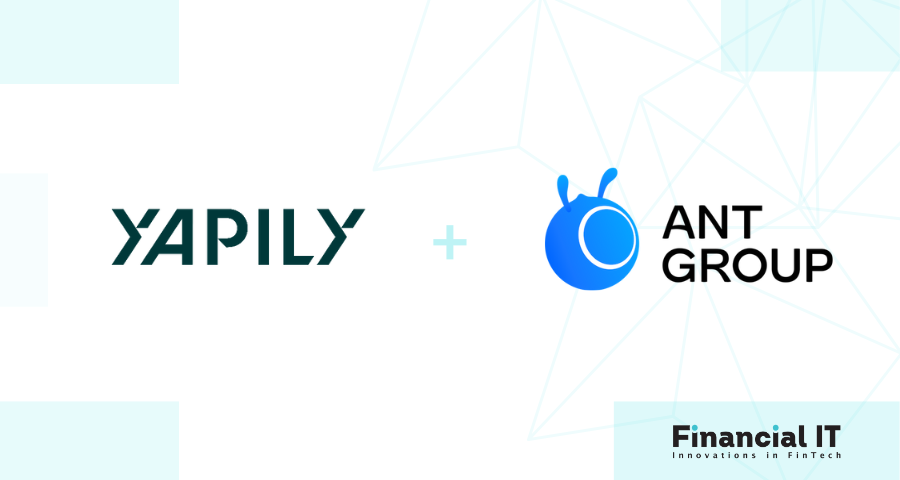
Ant International, a digital payment and financial services leader dedicated to building an inclusive and sustainable global commerce ecosystem, is expanding its existing partnership with Yapily, the leading European open banking platform to introduce Europe’s first-ever commercial variable recurring payments (VRPs) for e-commerce via Open Banking on mobile payment platforms.
This new payment method debuts first on HungryPanda, the leading Asian food delivery platform, offering a more convenient and seamless option for customers making mobile payments. This launch includes both commercial VRP “One Click Payment” and standard Open Banking payment “Pay by Bank”, powered by Antom, Ant International’s global merchant payment processing solution.
Starting today, HungryPanda users in the UK can elevate their food delivery experience by placing orders via their mobile devices and seamlessly completing payments directly from their bank accounts. This streamlined payment process not only enhances user satisfaction but also provides merchants with the added benefit of reduced transaction costs.
Implementing open banking changes for mobile payments
The deployment of Open Banking solutions marks the latest development of Ant International’s partnership with Yapily to explore and implement Open Banking technologies on mobile payment platforms. It intends to enable consumers who bank with UK financial institutions to make payments to merchants across the world via Antom, directly from their bank accounts, with a smooth and secure payment experience. The launch will benefit its UK customers, who are mobile-savvy and prefer convenient digital payment options.
This collaboration marks the first step of a wider roll-out of Open Banking technologies to more mobile services. Globally, Antom supports merchants in over 40 countries and provides them with one-stop, vertical-specific digital payment solutions. Open Banking enables UK merchants to benefit from the Antom global digital payment solution using their preferred bank account.
Pietro Candela, Ant International’s Head of Business Development in Europe said: “The UK and Europe is on the front lines of open banking. We’re pleased to continue our collaboration with Yapily to develop payment solutions that bring value and convenience to European consumers and global merchants, including Hungry Panda, and we’re excited to see continued adoption of this technology with our partner merchants as it scales across the platform.”
Stefano Vaccino, CEO and Founder of Yapily said: “We’re delighted to bring the benefits of open banking and commercial VRP to Europe. VRP technology is faster and more secure when making payments, giving an improved experience for both merchants and customers. By innovating finance in this way, we can power a more open and productive economy to the benefit of businesses and consumers. As a London-founded fintech, we’re delighted that the UK is the first country to enable this technology of the future.”
Kelu Liu, CEO and Founder of HungryPanda said: “Our partnership with Ant International enables HungryPanda customers in the UK to order their favourite dishes more conveniently and securely using a preferred payment wallet.”
Related News
- 04:00 am
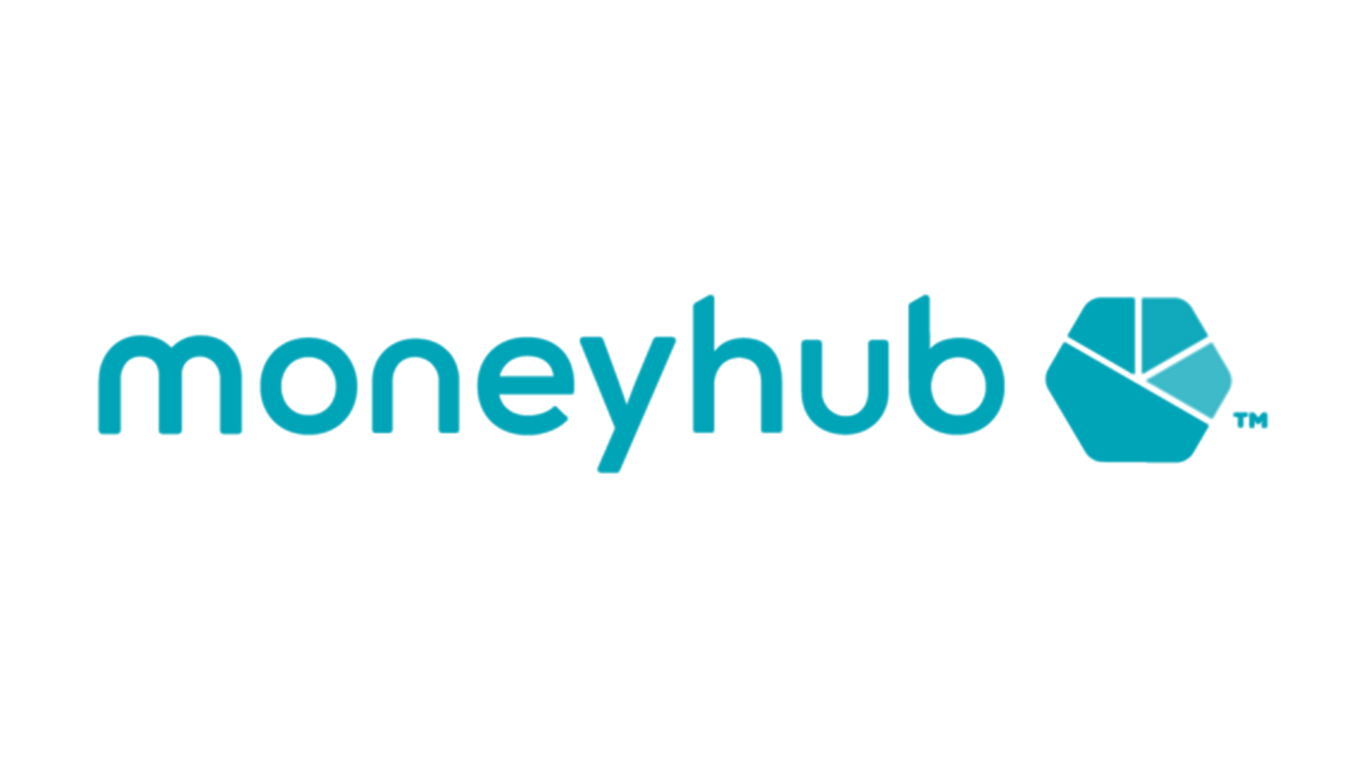
Two in five UK adults have missed a utility bill payment in the last six months according to new research from Moneyhub Payments, highlighting the need for more flexible ways to pay.
Moneyhub’s recent financial wellbeing survey has shown that around a quarter (24%) of UK adults have missed a payment of some kind in the last 6 months. Of these consumers who have missed a payment in the last six months, more than 2 in 5 (41%) missed utility bills. More than three-quarters (77%) of those surveyed felt anxious when expecting bills to arrive or be paid, with utility bills causing consumers the most concern with 51% citing them as the bill type that causes them the most anxiety.
Escalating utility prices in the UK, combined with the wider cost of living crisis, have become a significant concern for consumers, with households grappling with the daunting challenge of managing their monthly budgets. The size of the issue is exemplified by Ofgem’s figures published in December (2023) that showed the UK consumer energy bill debt had hit a record £3bn.
This surge in utility prices not only strains the average household’s financial resources but also stirs deep anxiety about future affordability, particularly among lower-income families and those already struggling with economic hardships, leading to heightened financial stress and uncertainty.
Across the types of utility bills, energy bills were unsurprisingly found to be the most stressful for consumers, with 41% saying they made them the most anxious. This was followed by water bills (14%) and broadband payments (10%).
However, there are solutions available for utility companies to support their customers, particularly those who are regularly struggling with payments. When asked what would help them manage their money or reduce instances of missed payments 38% of UK consumers said that choosing the day of the month Direct Debits are taken would make a difference. A warning before payments are expected (28%) and better oversight of their incomings and outgoings (27%) were also key solutions. In addition, 17% said the ability to pay bills weekly rather than monthly would help them manage their money. With the same percentage (17%) of respondents paid on a weekly basis, this would indicate that such a change could be truly transformative for that group.
Open Banking and Open Finance payments could offer the flexibility required by customers. With Open Banking and Open Finance payments technology, the provider can much better support the consumer by preventing situations when they are blindsided by an unexpected price increase or payment and at the same time making it very easy for the customer to pay or transfer funds.
This means that companies that provide essential services like heating, electricity, broadband, and water have another option: they can track how much the customer can afford and offer them the option to split payments in a way that suits their circumstances.
Open Banking payments enable providers to step in and take actions that would go a significant way to mitigating the issues associated with missing payments, payment anxiety and support overall financial wellness.
Mark Munson, MD of Payments at Moneyhub comments: “Missed payments are causing significant concern for UK consumers, with utility bills the number one culprit. With energy bills high, there is a real worry that this problem will only worsen without intervention.
“Fortunately, there are technologies that utility providers can adopt to improve their offerings to customers and better support when that customer is showing signs of distress. Often customers just need a little extra flexibility to help them get back on their feet, and with Open Banking and Open Finance, providers will be able to identify those struggling and be able to offer them individualised solutions.
“Utility businesses can benefit too by offering alternative payment options tailored to the specific needs of their customers.Companies that offer choice and more control over how consumers pay will reap rewards in improved consumer loyalty, reduced churn and increased customer satisfaction.”









